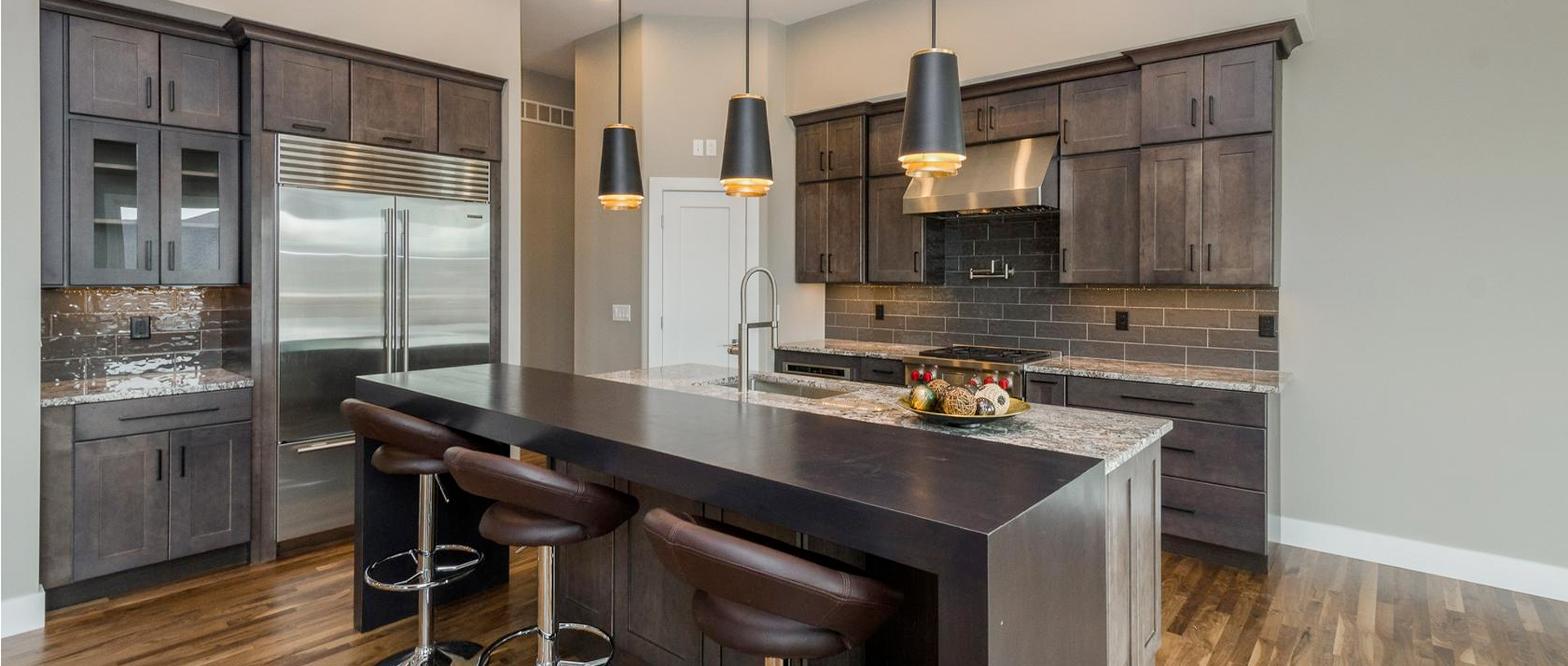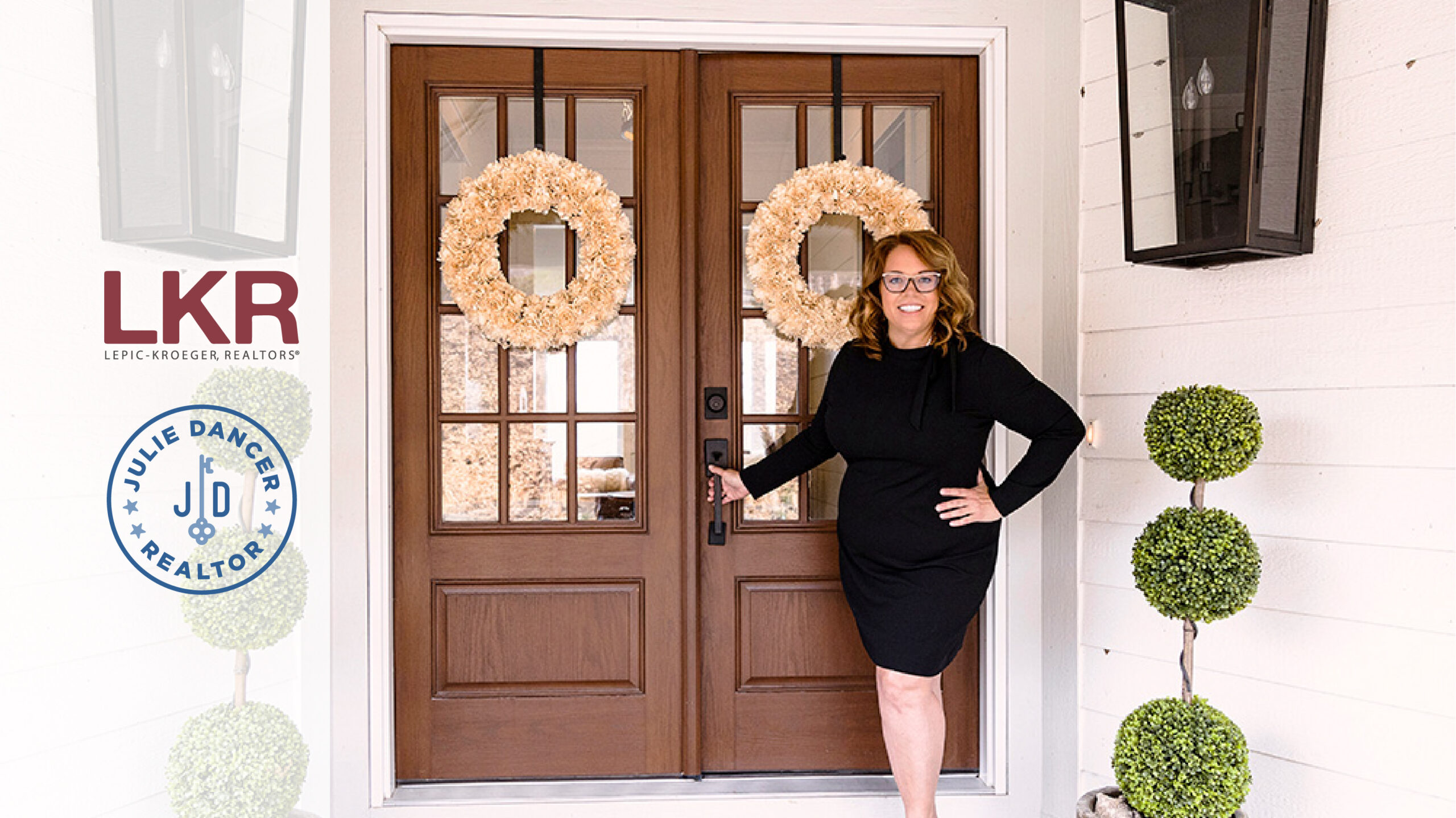The Iowa City housing market continues to be strong thanks to favorable interest rates and home prices that remain competitive and affordable.
With interest rates expected to rise, many potential home buyers are looking to buy a home before an increase in rates hits.
For many first-time home buyers, the prospect of low borrowing rates prompts them to get into the buying mode, which may not always be the right decision.
Owning a home is great and can give an owner a great deal of satisfaction when done right.
Julie has over 15 years of experience as a licensed REALTOR® and can help you navigate whether buying a home is right for you – right now. Don’t let the complexities of buying a home scare you, just make sure you have experience on your side to help you through!
In the meantime, here are five of the most common mistakes made by first-time buyers, and how to avoid them.
1. Not thinking long term.
We all know the benefits that come with owning a home – building equity, tax benefits, having something to call your own. But, when it comes to the many costs associated with buying, you may be better off by renting for a few more years.
One question you need to ask yourself right away is how long do you expect to be in your home? The average young person is only at their job for a few years, and when you start to add up closing costs, interest, down payments and other expenses over that period of time, it just may not make sense. The likelihood that you’ll come out ahead after only a couple years is not very high.
Home owners have many expenses that renters never have to worry about, such as homeowner’s insurance and closing costs. If you’re prepared for all of these and have managed your finances properly, then buying a home may be right for you.
2. Their finances are out of balance.
Your debt-to-income ratio is one of the first things lenders look at when it comes to determining if you’ll be able to afford mortgage payments. That means pay cash for things that many people decide to use credit for like furniture, computers, cell phones, and other miscellaneous items. Student loan payments can also hinder your ability to secure a mortgage.
Your car can be a major financial anchor too when you’re trying to buy a home. If you have a $500 car payment with four years left on the loan, that might play a factor in a banks willingness to loan you money. Banks like to see a debt-to-income ratio of less than 30% if they are going to approve you for a mortgage.
Bottom line, don’t get yourself into financial bondage by buying all the latest things, and the fancy new car.
3. “Online it says it’s worth this much.”
A “Zestimate” isn’t necessarily the best indicator of home value. There’s more that goes into a home’s value than the estimated price per square foot, based on recent comps in the neighborhood.
What about the factors that you can’t measure on a calculator? What are the neighbors like? How is the traffic during peak hours? Is it quiet or are there a dozen dogs that bark every morning? Does the sun shine in to windows that you don’t like? How’s the view off the back deck?
All of these are factors when considering the valuation of a home. A professional REALTOR® can help you better assess the proper value of a home to determine if it’s over- or under-valued.
4. Who needs a home inspection?
Only a small percentage of home’s that are purchased have a home inspection done prior to the purchase. When buyers are trying to cut costs, a home inspection is usually one of the first things to go, but it’s actually one of the most important things you can do, and can save you thousands down the road.
Most people aren’t trained in what to look for when they’re walking through a home, that’s why it’s important to hire a professional that doesn’t have an emotional interest in the outcome of the inspection. Sometimes buyers can, or are willing to, overlook defects because they let their emotions get the best of them because they “just love the kitchen.” That’s not a good reason to overlook that fact that the foundation has a problem!
Buyers should go along with the inspector and ask questions about any red flags. There could potentially be defects that the inspector does not see as well.
Buyers should inspect every room in the house including basements and attics to see how well maintained they are and ask about things like radon, septic tanks, soil inspections, and foundation integrity.
Buying a home is a big financial decision, don’t let a few hundred dollars stop you from getting a proper inspection completed.
5. Let’s flip the house!
Many first-time homebuyers invest a large chunk of their savings into a home for a down payment, hoping to turn a healthy profit when they sell two or three years down the road. It takes several years to build equity in a home before you will see noticeable gains. The strength of the market can change that as well.
Buy a house to live in, not as an investment tool.








